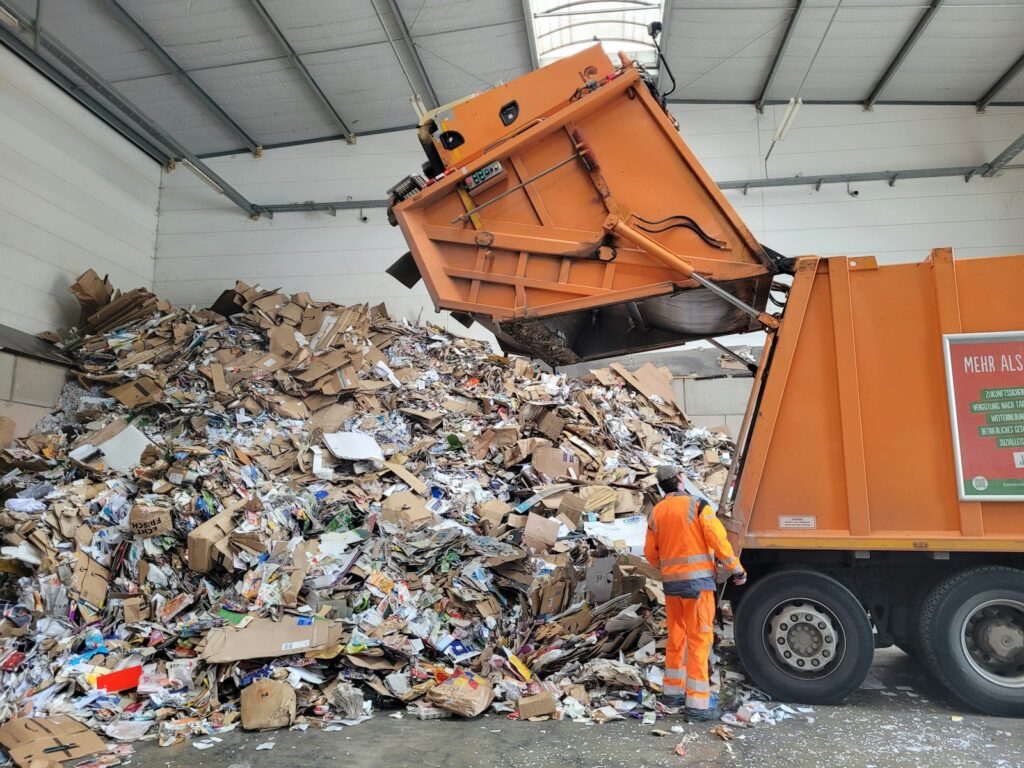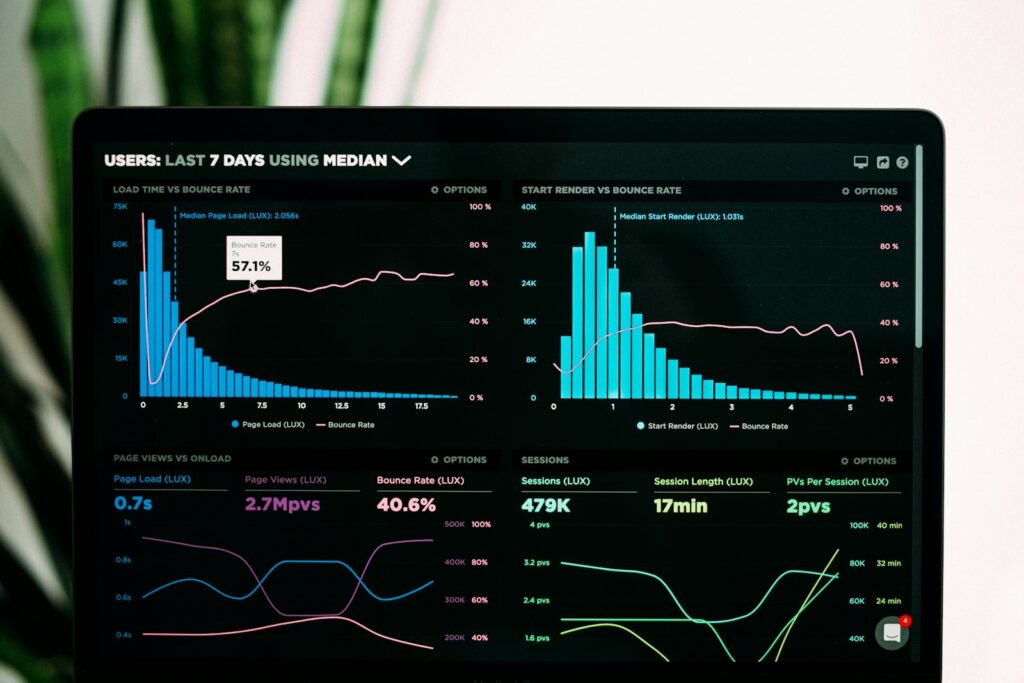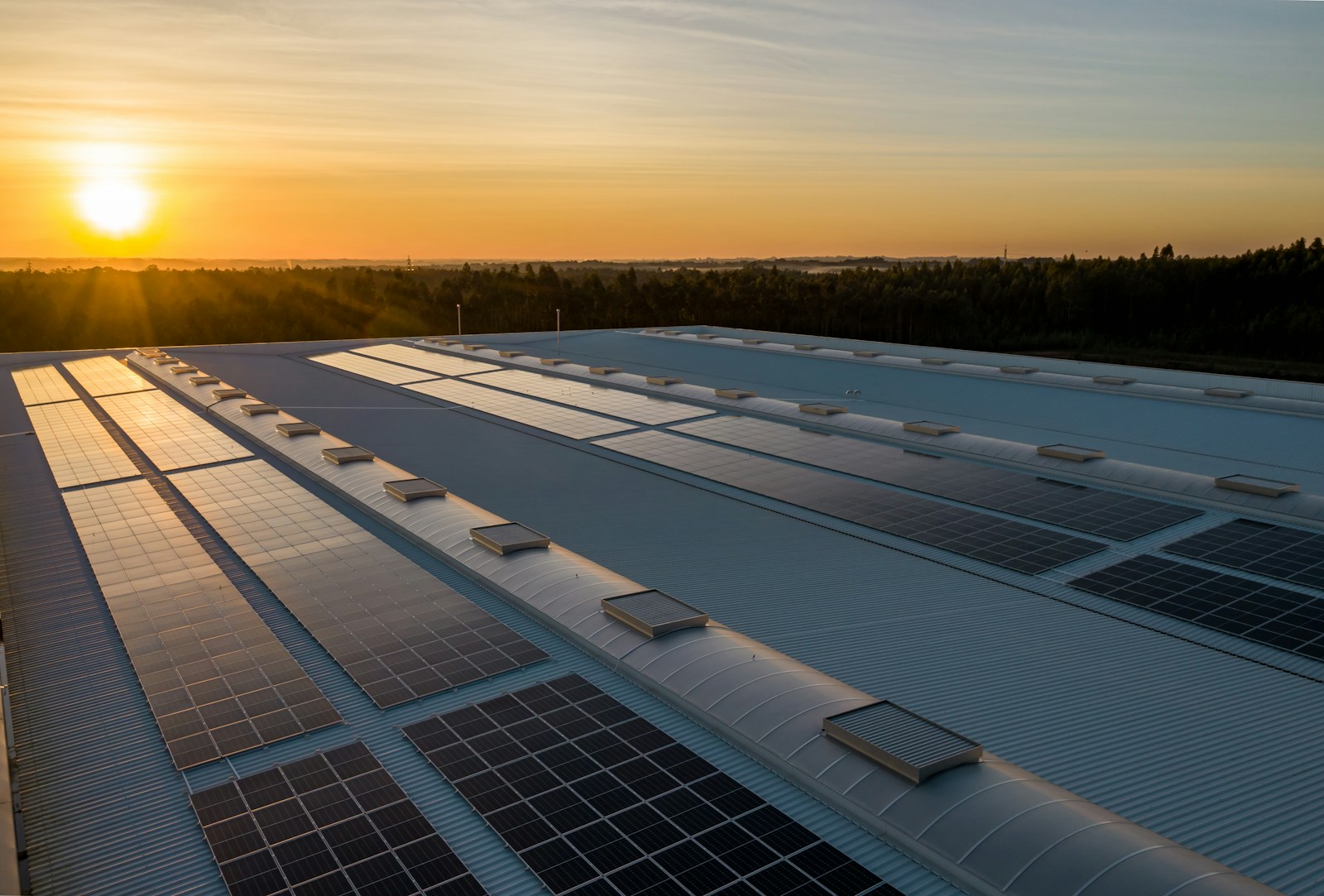While the government continues to advocate for on-site renewables as the route to net zero, British businesses are being put off by up-front costs.
With £200million in solar PV installations now confirmed for UK NHS hospitals and schools in a bid to realise £400million in long-term energy savings and the number of companies committing to net zero doubling in the past 12 months, the future of domestic green electricity looks positive.
But a leading renewables installer has warned that doubt is rising faster than these figures may suggest because of upfront costs of introducing solar panels and other clean energy solutions at a time when many sectors face serious financial challenges. Geo Green Power now believes up to one-third of small and medium enterprises in Britain now feel locked out of the net zero transition due to the price of technologies.
While a 100kWp solar PV installation costs an average of £70,000 to buy outright, and delivers some £20,000 in energy savings per year, covering this is still a challenge for many amid rising National Insurance, minimum wage and business rates. Concerns are also compounded by broader economic factors, at home and overseas, including uncertainty about US tariffs and a trade war with China, the EU and other key markets. AI’s impact on overheads and competition also cannot be ignored.
According to Geo Green Power, solutions can be found in power purchase agreements [PPAs], already being used by large-scale employers like Tesco and Amazon. Through these contracts, it’s possible to avoid paying for upfront installation and still benefit from lower energy prices at fixes rates for up to 15 years. Other recommended options include leased equipment, charged monthly, although this does leave customers vulnerable to price increases. Meanwhile, grant schemes and asset finance packages may also be suitable.
You can find a full guide to these options here.
‘If your energy costs are putting too much strain on your budget for the new financial year, solar is well worth considering – even if you would struggle to cover an installation upfront,’ said Geo Green Power Managing Director James Cunningham.
‘Not only have solar technology advancements made systems much more efficient and cost-effective, meaning more kinds of properties can install solar for less, but we’re also now regularly working with businesses who access different types of finance to help them start benefiting from solar right away,’ he continued. ‘Solar is a smart investment with significant long-term gains, and funding options like PPA are a low-risk way to adopt solar without the financial barriers of upfront costs.’
Image: Nuno Marques / Unsplash
More energy and net zero:
Ordnance Survey maps out 40m British rooftops for ‘unprecedented’ energy insight
Can this homemade carbon capture tech put Britain in pole position?
Over half of UK decarbonisation plans still dependent on unmatured tech


















